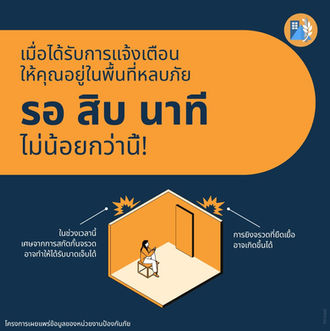top of page
Information Center for Migrant Workers in Israel
The Call Center for Foreign Workers - who are we?
The Call Center for Foreign Workers is at your service!
Operated by the non-profit organization CIMI on behalf of Israel’s Population and Immigration Authority (PIBA) it supports you by providing information and by assisting in case of infringement on your rights. Don’t hesitate to contact us when in need.

Know your rights!
Understanding your rights as a worker in Israel is very important!
Check out the various resources prepared for you
Widget Didn’t Load
Check your internet and refresh this page.
If that doesn’t work, contact us.
Hebrew Language - Learn the Basics
Knowing useful words and common phrases will help you in your work and day-to-day life in Israel.
Our short tutorials are organized by topic, and will teach you the meaning and pronunciation of key words.
bottom of page

.png)















